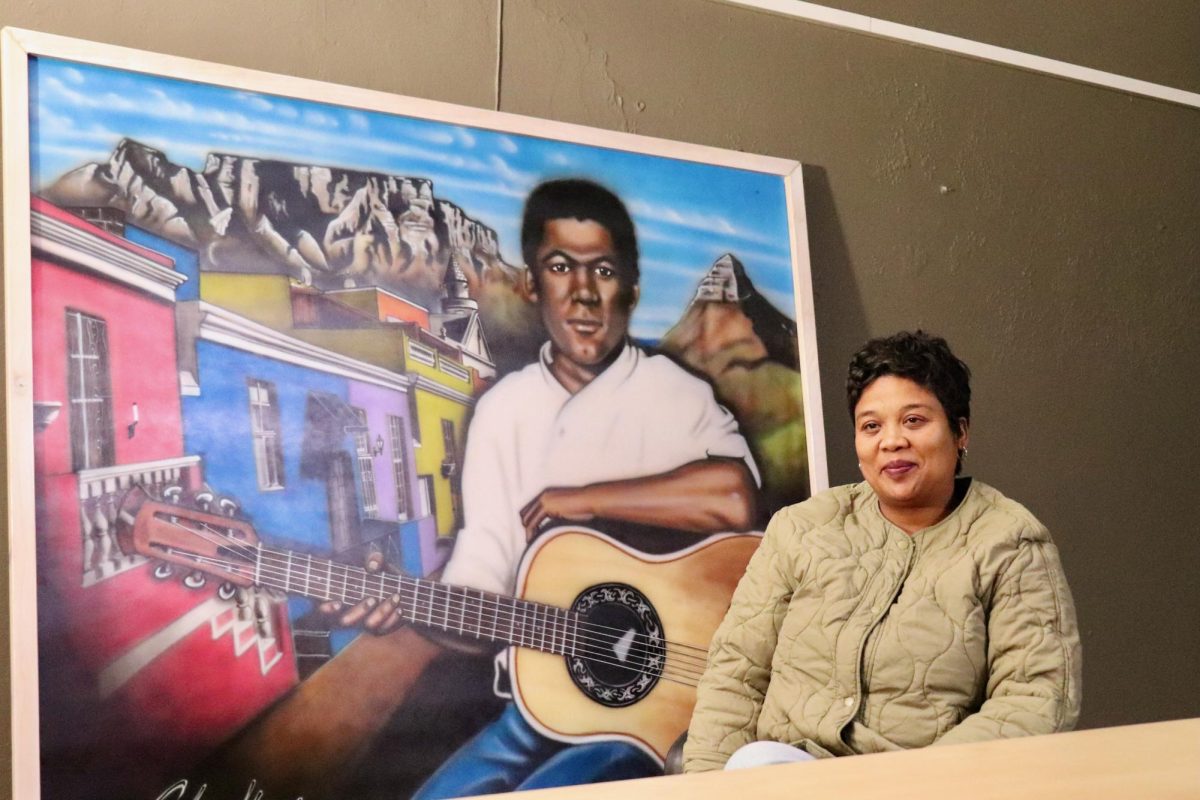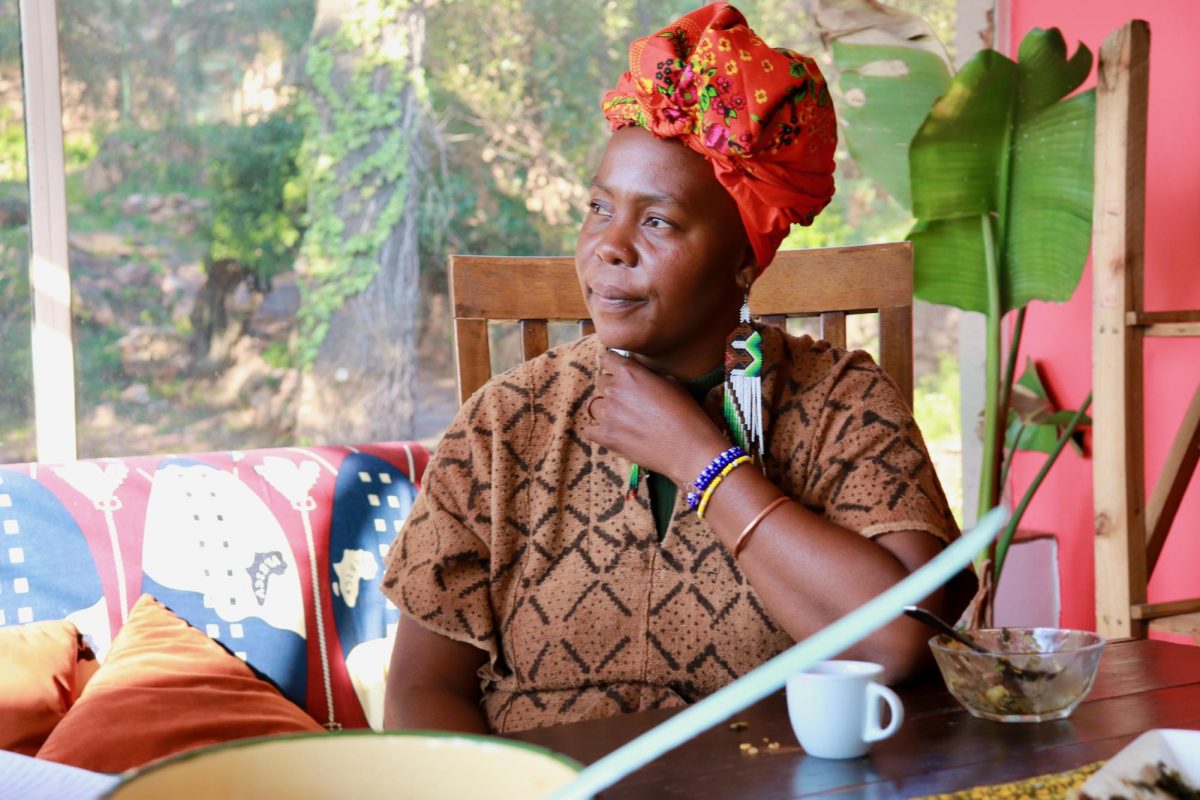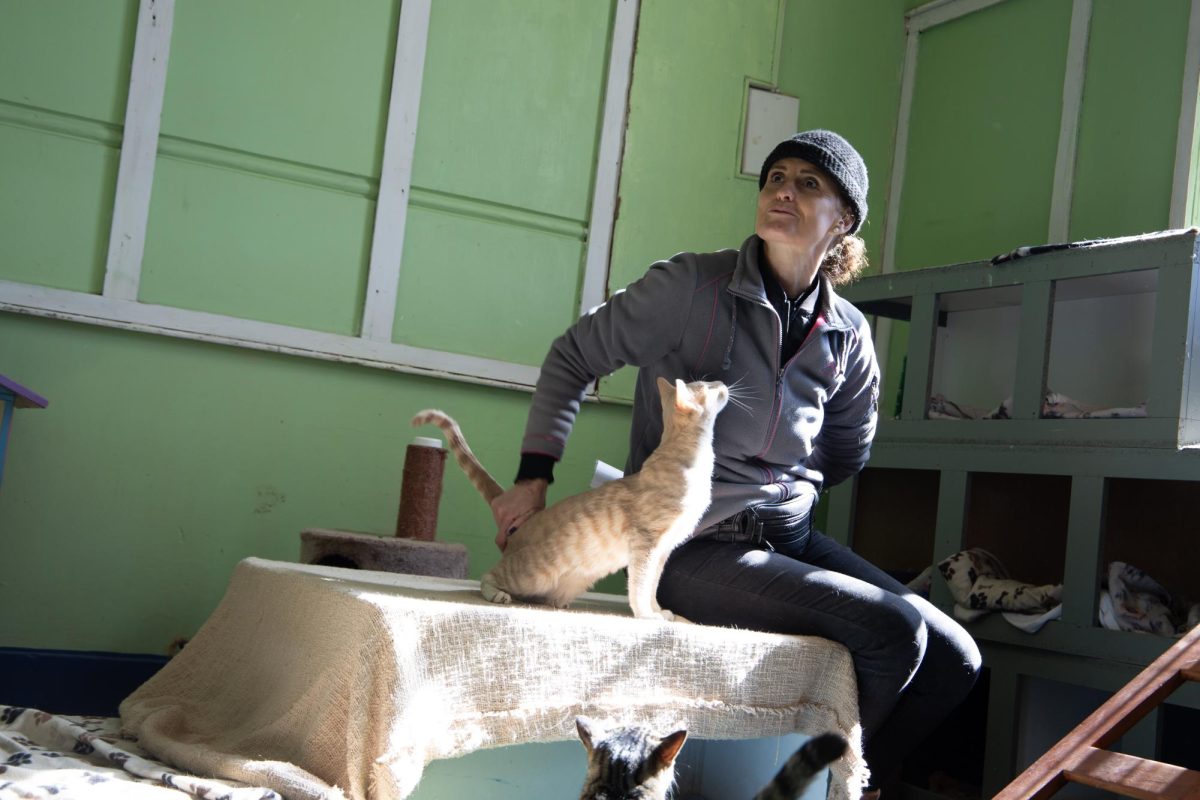Responsibility doesn’t just fall on university administrators
Although St. Joe’s students are better able to navigate campus in a pandemic this semester, we cannot ease up on following COVID-19 protocols. The “new-normal” of our college experience is defined by how we are choosing to handle this pandemic, and we must take the precautions necessary to prevent the virus from overtaking our campus and surrounding communities.
Many students shared that they feel safer with the pre- and post-arrival requirements for returning to campus this semester in comparison to the fall semester’s protocols, when testing wasn’t required until the first week of classes. But, as we’ve seen, these new requirements still do not assure absolute protection from the virus. Even if we managed to escape the virus last semester, it does not mean we can do the same this semester.
A majority of undergraduate students returned to campus the weekend of Jan. 22, and were required to take a “pre-arrival” COVID-19 test if they lived on campus. However, even though this test was mandatory for students to take before their return, we heard from many students that they were not asked about their test result status, or if they had even gotten results back yet, when moving in on Jan. 22, 23 or 24.
Other universities, such as the University of Pittsburgh for example, were much more meticulous about allowing students to physically return to campus with a negative COVID-19 test. It delayed an in-person start until all COVID-19 test results were in, to assure that all students attending any in-person gatherings had negative results.
It would have behooved St. Joe’s to adopt a similar model to avoid having students with positive test results, possibly unknown due to the lack of checking during move-in, on campus and in shared public spaces, such as classrooms. However, the responsibility does not fall solely on university administrators. This lack of structured accountability means that it is essential that students act responsibly and get tested. If you’ve neglected to get tested, you’re letting your St. Joe’s community down.
Some students tested negative for the pre-arrival testing and then attended classes, only to receive a positive COVID-19 test result for their on-site entry testing. These students unknowingly attended in-person class. Vulnerable members of the community are the ones who suffer when there are cluster outbreaks and spikes in cases.
The responsibility of getting tested doesn’t only include basic health and safety protocols, but it also includes transparency. If we have come in contact with someone who has tested positive, it is our responsibility to self-isolate, get tested as soon as possible and fill out the official self-disclosure form. The university recently added more testing dates and availabilities to ensure that all students get tested.
In addition to getting tested, students should be taking all necessary precautions to limit the spread of the virus in our community. Using breaks to travel and take vacations is irresponsible, as well as gathering in Manayunk over the weekend for parties and bar-hopping. These reckless behaviors are not a way to “blow off steam,” as they’re only prolonging this “new normal” and continuing the spread of the virus, especially with new variants.
Additionally, there is indisputable scientific evidence that masks limit the spread of COVID-19 significantly. Masks are required by the university, as stated in the iCare Pledge, which all members of the community signed upon returning to campus. Recently, Dr. Fauci even recommended that we wear two masks when indoors and within six feet of others. Regardless of your political beliefs, and what you hear from politicians and others peddling misinformation, you must wear a mask, or two, in order to slow the spread.
This goes for faculty and staff as well. Faculty and staff cannot expect students to follow guidelines when they are in classrooms lowering their masks to lecture, or taking them off completely. This encourages students to do the same.
In order for things to “go back to normal,” as we’ve all been wishing for for months, we have to take responsibility now. Tackling this virus is a collective effort and requires willingness from all members of the university.
– The Editorial Board











































